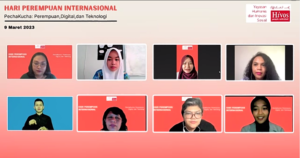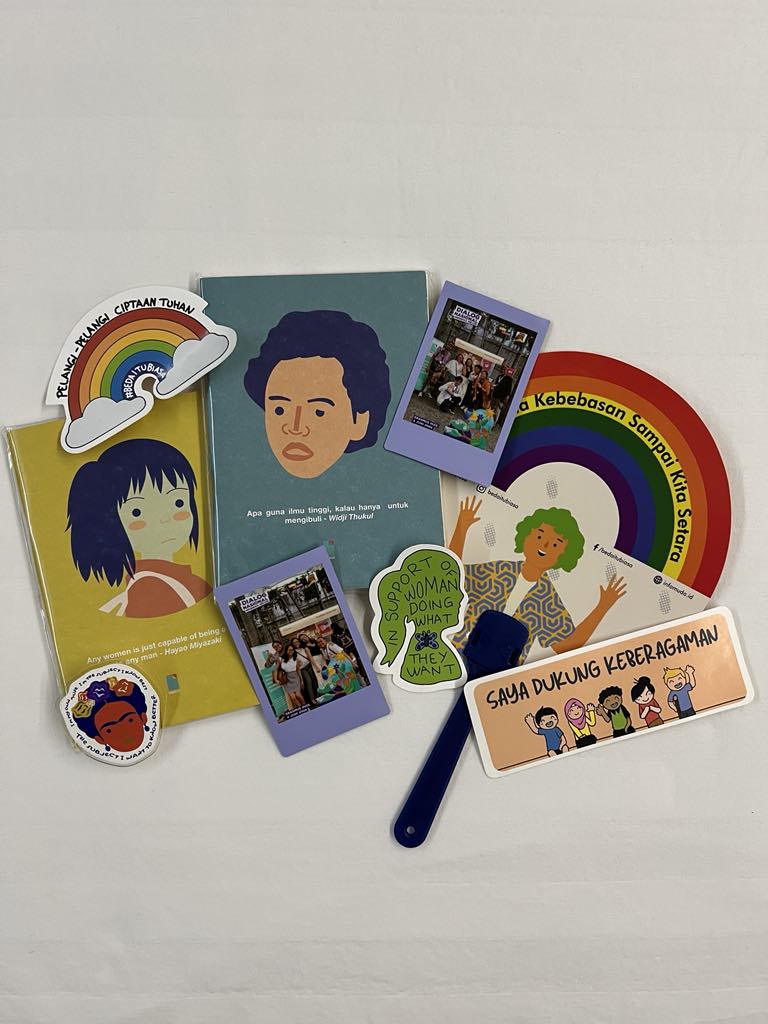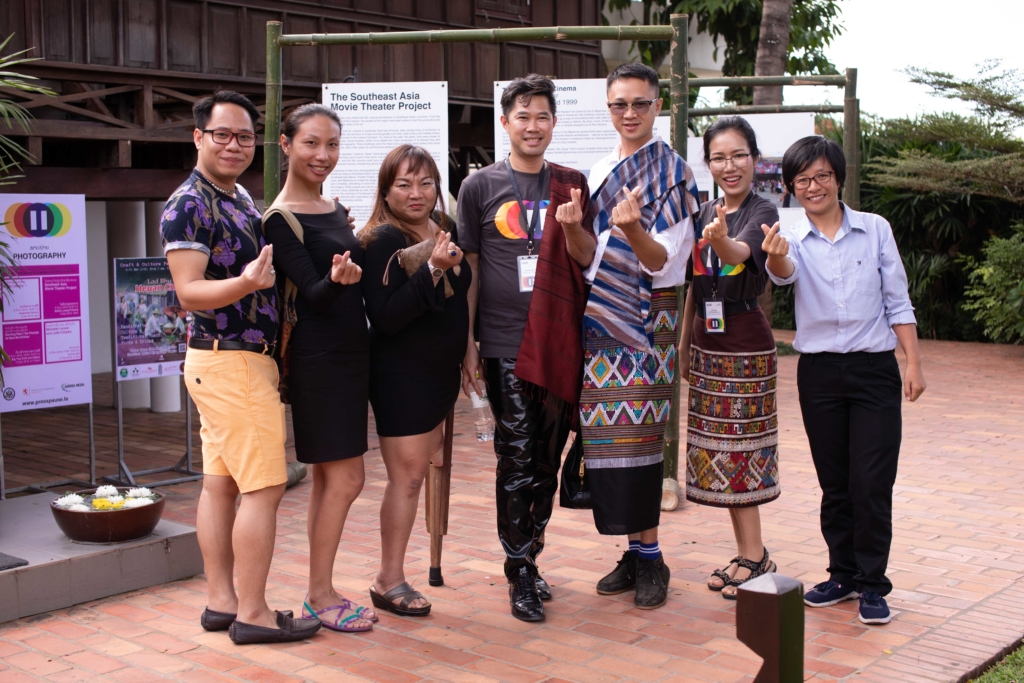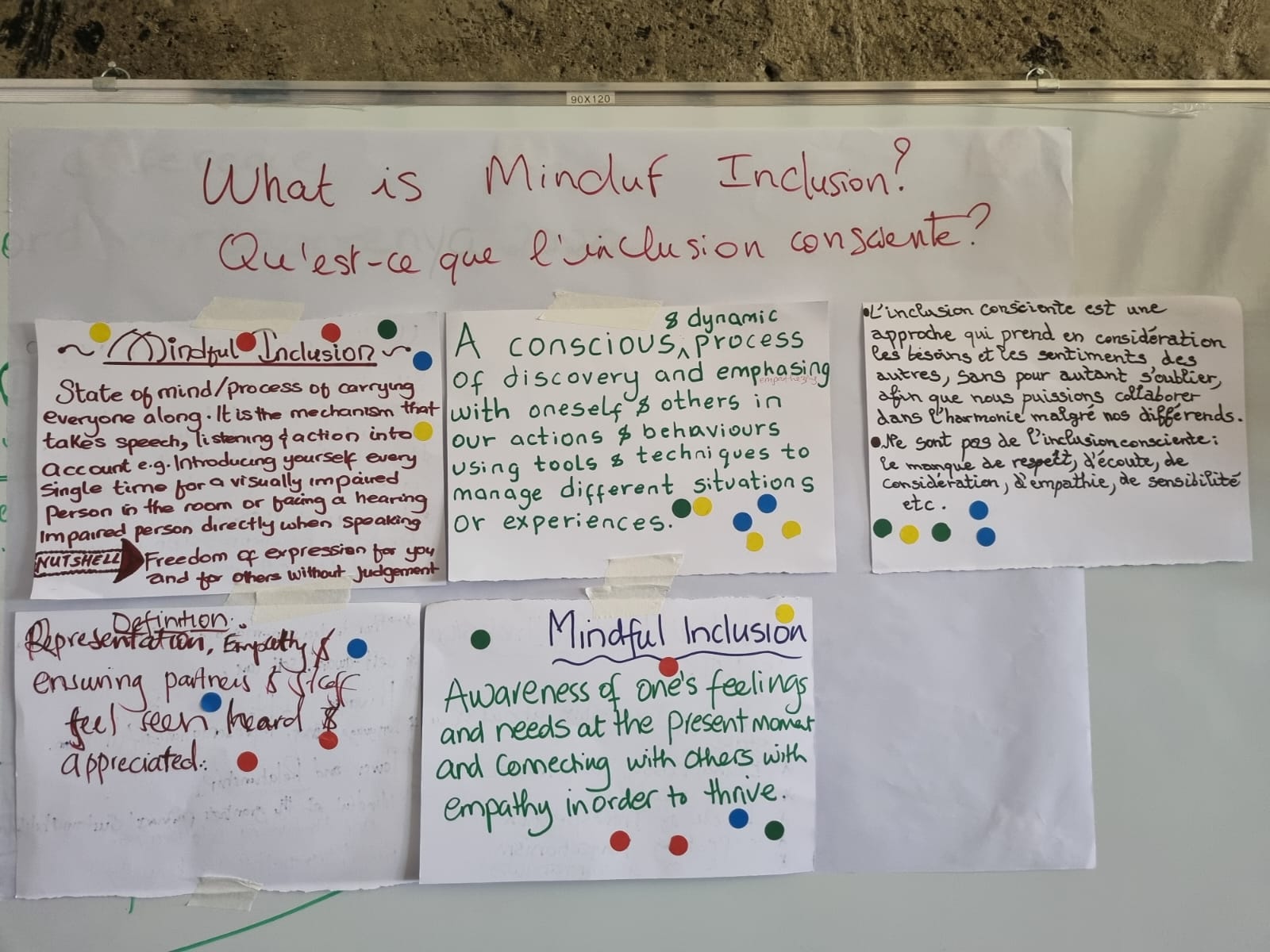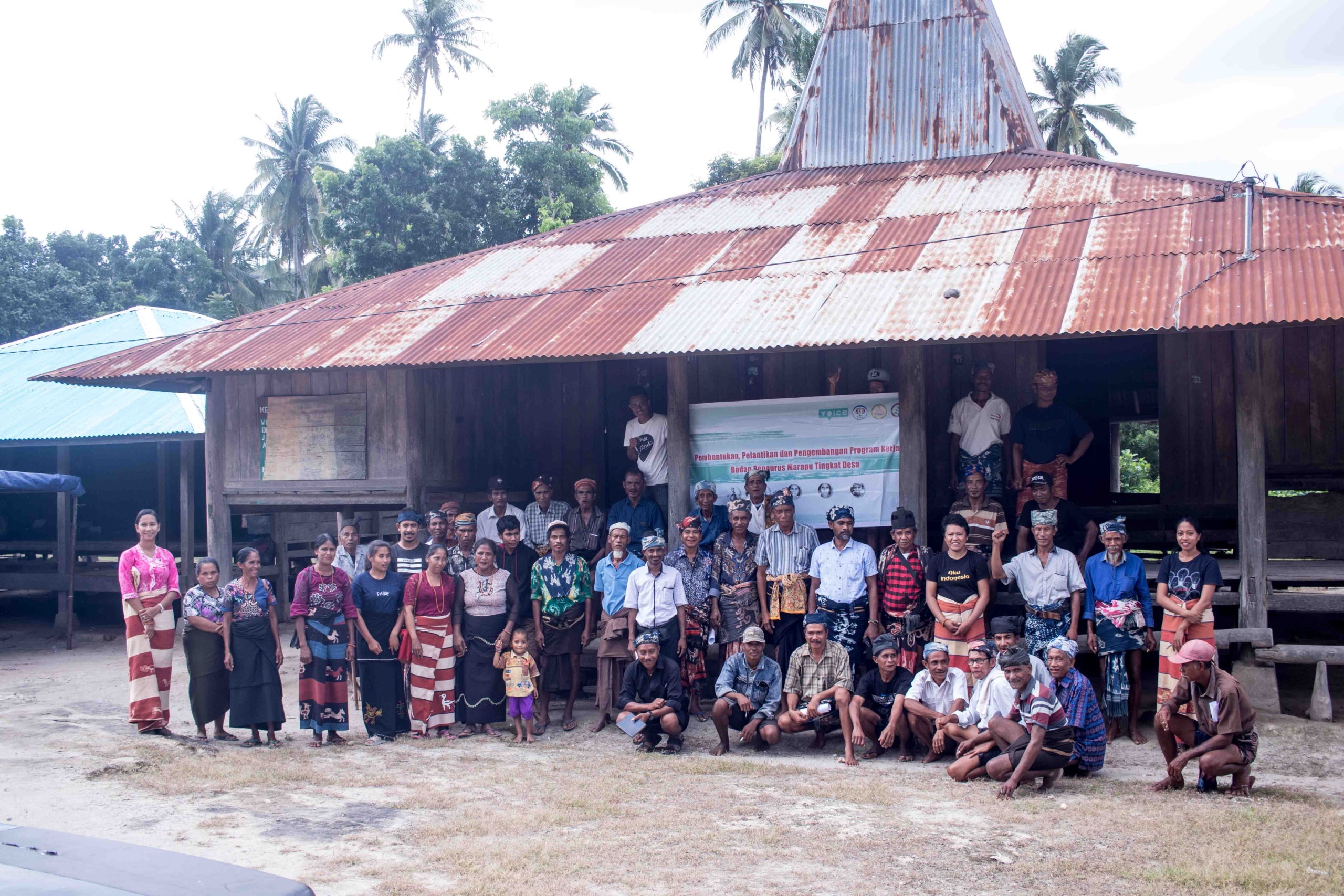Are Indonesian women struggling to create safe spaces in digital platforms?
By Giany Amorita, Linking, Learning, and Amplifier Officer, Voice Indonesia
On International Women’s Day (2023) in Indonesia, Yayasan Humanis dan Inovasi Sosial (Yayasan Hivos) held an online discussion on Women, Digital and Technology. It took the Pecha Kucha format, giving speakers space to present 20 images, each auto-advancing after 20 seconds. The speakers are the grantee partners from projects under Yayasan Hivos, such as Voice grantee partner Konde. Co-represented by Luviana.
Tunggal Pawestri, Executive Director of Yayasan Hivos, shared during her opening message that women and technology are forgotten and excluded in history. Specifically in Indonesia, women face many issues in the digital era. They have limited access to use technology, lack literacy, experience the increase of online gender-based violence cases, and lack attention from the government to create a safe digital space.
The first speaker is Luviana from Konde.co. Konde.co is an alternative digital media platform that uses the perspective of women and other vulnerable groups to raise awareness and critical thinking for society. Konde. Co-produces writings, campaigns, films, research, and gender data journalism. Konde.co exists to fight challenges in and exclusive practices of conventional media, such as repetitive sources, bias against marginalised groups, especially women, and the monopolistic practice of ownership by the media. Luviana, Editor in Chief, also mentioned that Konde.co faces many challenges, such as being sued for writing about Omnibus Law, doxing, and hacking. These realities show that technology opens the space to discuss and connect with other distant groups in the digital space. Still, on the other hand, it also limits the scope of some people to express their ideas, thoughts, and even themselves.
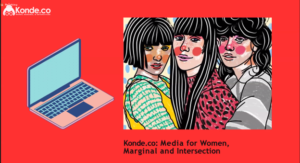
The next speaker is Fadia Laiqa Melati. She is a high-school student from Bogor and is active in the Creative Youth for Tolerance Program (CREATE). CREATE is a new initiative designed to improve pluralism and tolerance in schools using arts and cultural approaches. Fadia shared her experiences in doing artivism, where she mentioned artwork could convey messages to the audience as women and raise awareness of giving space to women to express themselves through poetry, drawings, and music. Fadia speaks through art and as a space for channelling her talents.
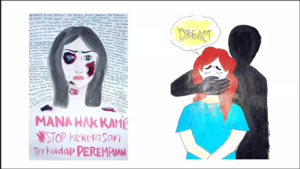
Mustika, a high-school student from Gowa, also engaged in CREATE Project. Her artworks are based on her experience: “My closest family told me that I don’t need to have a higher education, active in communities, and have to come home early”. She also mentioned that the inequality between the roles of men and women becomes an obstacle in society because women do not have equal access to growth and development. She emphasised that acting together, including men, is essential for women’s rights and creating a safe space for women.
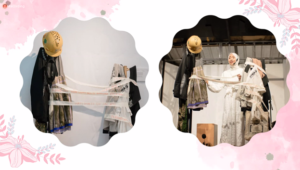
Different but in line with what they have been doing through art, Vica Larasati, Executive Director of Qbukatabu, shared her observation about the gap in digital space when we talk about sexuality. Using artivism as a campaign tool on sexuality is a starting point to being accepted by society no matter your gender identity and sexuality.
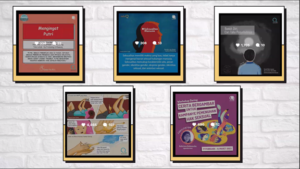
When the pandemic hit, and every activity changed from offline to online, it affected marginalised groups, especially the sexual minority groups working on sensitive issues. The family members mostly do not know their exact job or the complex topic they have been working on. Thus, they have difficulties accessing a safe space when working from home.
Magdalene Oae from Simpasio Institute, a youth community that focuses on archiving history and culture in Larantuka, Flores mentioned that her experience collecting stories through social media (Instagram and blog sites) drives some youth in Larantuka to have solidarity in environment-related issues. “They are also concerned with traditional medicine, such as local wisdom in our areas,” Magdalene mentioned. Using digital technology, they are connected by doing a residency and conducting environmental campaigns from village to village. The place they live is known for producing tenun (an artful Indonesian technique of making fabric by weaving different colours of threads). Through the digital application, the crafters (primarily women) met with the buyers from Larantuka and other places in Indonesia.
However, due to the location of Larantuka, which is in a remote area, Magdalene stated that electricity problems are one of the biggest challenges. Gender-based violence online is high because some users have no understanding of using social media. “Being women activists, people feel more entitled to attack us,” she added. Therefore, Magdalene built a support system by joining FAMM Indonesia, a network spread across Indonesia.
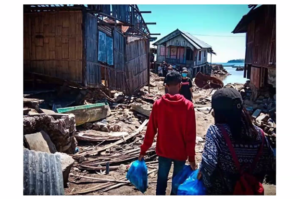
Apriyanti Marwa from FAMM Indonesia shared that digitalisation is not user-friendly for women and girls. The harassment just moves from an offline to an online platform. FAMM Indonesia is also concerned about shifting the campaign from the street to the digital space; therefore, creating a safe space for women and girls is essential. She added that it is necessary to maintain digital security. In each activity, FAMM Indonesia never tagged the location, and they made sure to gather informed consent before posting on social media.
They are bringing women and other marginalised groups into technology resulting in more creative solutions that can promote gender equality. However, the opportunities of the digital revolution also present a risk for women to express themselves online because they face online violence and harassment, yet with reservations about reporting the attacks to the authorities.
In a time when sharing personal data and information is dangerous for internet users, it is doubled if women and LGBTIQ+ individuals shared the data. This danger could lead to job loss, damaging relationships, and threats to freedom of expression. Therefore, improving policies protecting marginalised groups from online gender-based violence and looking at digital security and data privacy is essential.
